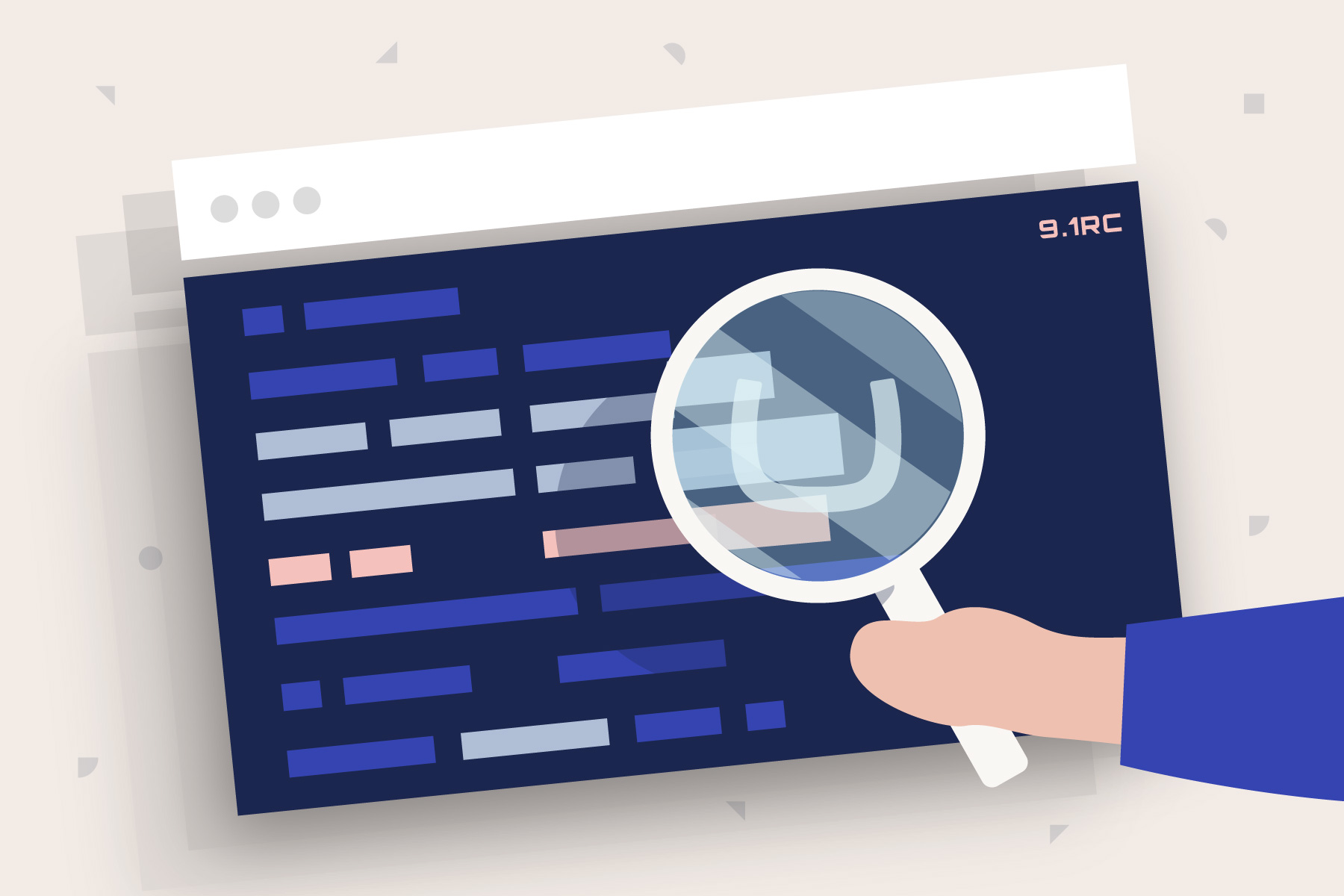What’s new in Umbraco 9.1?
Umbraco 9.1 is the first minor release for Umbraco 9. With the release of Umbraco 9 we’ve moved to “proper” semantic versioning and as such, we aim to keep breaking changes to major releases going forward (this release does contain an unforeseen breaking change). You can read more about versioning in the Product Knowledge Center.
This release is a true community effort, with 113 out of the 142 contributions made by the community. Hacktoberfest has also had a big impact with no less than 96 community improvements and fixes being made in October. Just amazing and a big HIGH FIVE YOUR ROCK to all who participated 🎃
Now let’s take a look at what you get with Umbraco 9.1:
History Cleanup
Every time a content item is saved in Umbraco a new version (or revision) is saved in the database. This allows you to roll back to previous versions and provides a history of changes. It also means that a content item that has been worked on a lot can potentially consist of many database entries of which only one is in use (the published version) and just a few others might be relevant such as unpublished work.
This new feature provides some much-requested functionality to your Umbraco installations, previously only available through the unVersion package, that helps keep the database footprint of Umbraco at a more reasonable level and some more efficient querying of the database.
It is worth mentioning that the History Cleanup feature will also be added to Umbraco 8 with the release of Umbraco 8.18 (ETA TBD).
History Cleanup does exactly what the name suggests. It cleans the history for content items ensuring there is less excess data.
Scheduled cleanup
The cleanup is scheduled to run hourly (changed from daily in the release candidate) and will go through content items and clean up any unnecessary versions based on the cleanup policy.
Cleanup policy
You can of course configure the cleanup policy to your liking and either add new defaults for all Document Types, add granular policies on a per Document Type level, or disable the cleanup entirely.
The default cleanup policy is to remove all versions that are more than 4 days old except for the latest version which will be kept for 90 days.
If you are upgrading an existing installation to 9.1, the History Cleanup will be disabled by default and you’ll need to enable it in order to benefit from scheduled cleanups. This is all configured in appsettings.json:







